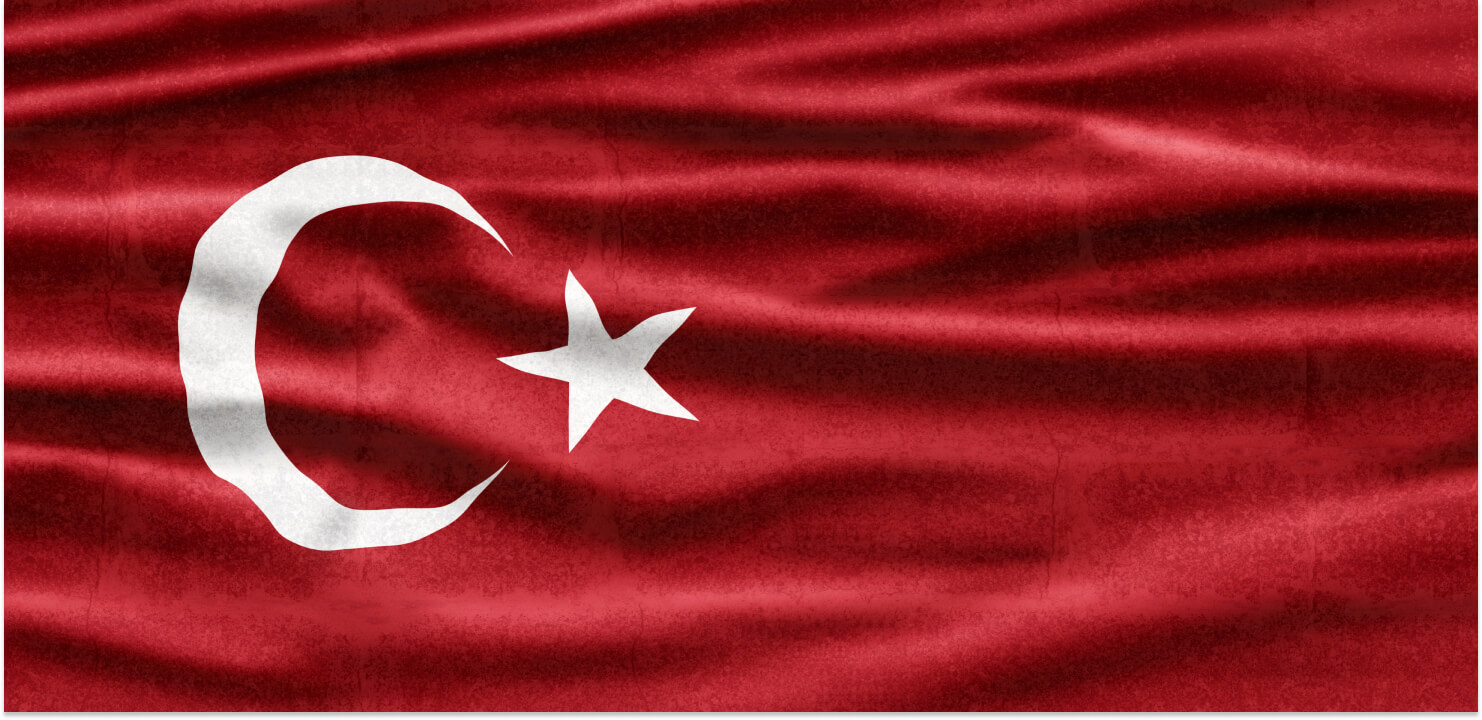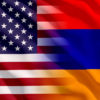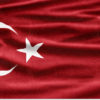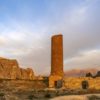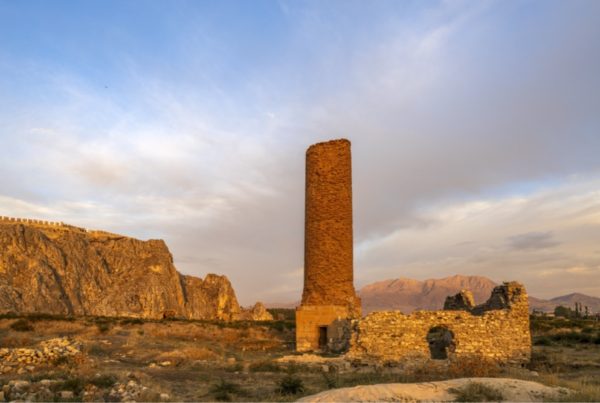Introduction
It is no secret that Turkey has built its foundation on the backs of a diverse number of cultures. It was founded in the 1920s on the spine of the failed Ottoman Empire, conflicts, wars and the genocides of the Armenians, Greeks and Assyrians. This troubled history of violence is not viewed as problematic for a large portion of the Turkish population today, in fact, it is celebrated. This history has now become a defining characteristic of what it means to be a true Turkish citizen. But what does it mean to be a Turkish citizen? How do you measure the “Turkishness” of a person? Are we referring to the genealogy of an individual or their constructed national identity? As it turns out, “Turkishness” has nothing to do with actual heritage, but is instead a national construct. Simply put, “Turkishness” is a construct that was devised during the time of Mustafa Kemal and has insidiously lingered and metastasized throughout Turkish society. Understanding the role of Turkish history, semantics, unwavering hate and the response to DNA testing are key in understanding what it means to be a true “Turk”. What we learn is that on the face of it, a true Turkish identity is meaningless, but also something to be weary of.
History Speaks for Itself
Contrary to popular belief, the history of Turkey is not linear. Its foundations were laid by the destruction and assimilation of many cultures in the region. Turkey’s genocidal campaigns in the early 1900s resulted in Armenians, Greeks and even Jews being forced to flee Asia minor. Those who were unable to escape were subject slavery, sexual humiliation and death. When these catastrophic events came to a close, Armenians, Greeks, Jews and other miscellaneous Eastern European stock were forced to integrate into Turkish society. Adults and children were forced to change their names and convert to Islam – a Turkish attempt to erase their identity and culture. Many even settled in the vacant homes and land left by the Armenians and Greeks who were either murdered or exiled. It is not unfair to say that these populations still make up a large part of Turkish society today. This is without even mentioning the ancient peoples who were neighbours to the Armenians, the Levantines present during the medieval period, or the dozens of different European and Asian cultures who have settled in Turkey. With such a vast homogeny of cultures and people, we begin to see how precarious a Turkish identity really is.

Armenians gathered in a city prior to deportation. They were murdered outside the city.
It’s All Semantics
Ankara would have the world believe that everyone living in Turkey is a Turk. This is all just semantics, since the Republic of Turkey’s constitutions defines the country’s residents in that way. What gives weight to this wordplay is the census data that is available to the world. “The World Factbook” gives these statistics for Turkey’s demographic diversity: “Turkish 70-75%, Kurdish 19%, other minorities 7-12% (2016 est.)”. These statistics have nothing to do with DNA or genealogy and instead have everything to do with a constructed national identity. The way the Turkish government is defining a Turk is through the lived experience and shared environment. If you are a Muslim, speak Turkish and live in Turkey, then you are a Turk. However, these are shared characteristics of a lived experience but are not the foundations of who people are. These are merely descriptions of a citizenship, albeit a forced one, that parades itself as an identity without actually being one. This Frankenstein identity isn’t rooted in history or fact, but rather a superfluous bond to a nation, that the Turkish government perpetuates. Even so, this statistic tells that that almost 1/3rd of the population is not Turkish, a concerning number for a nation hell-bent on being “pure”.
Ancestral Registries
For many decades, the confidentiality of genealogy data was kept under a tight lock by the Turkish government. There are many reasons for this type of secrecy. Revealing ancestry data, some which stemmed back to the Ottoman times would be extremely problematic for the idea of a true pure-blooded Turk. There would be mass enquiry as to how many peoples such as the Armenians, Greeks, Assyrians, Jews and more were forced to convert to Islam. Furthermore, the idea of “Turkishness” would enter into the public forum of debate, with many questioning the authenticity of their “ethnicity”. However, in early February of 2018, Turkey released an online genealogy service with millions flocking to trace their ancestral tree. What could have been a great opportunity for cultural discourse was drowned by radicalism. Turkish social media soon began trending with the topic as people shared their ancestry results online. Hardcore nationalists began targeting those who had mixed ancestry and called them “crypto-Armenians” or “infidel Greeks.” One person even tweeted, “God willing my family isn’t Greek or Kurdish”. This blind hatred only benefits the government who seek to cover up their history and destroy the feeling of connectedness with any ancestral identity and culture.
The Rise of 3rd Party DNA Tests
The popularity of 3rd party DNA test kits such as 23andMe and Ancestry DNA have gained international recognition over the past few years. Participants simply order a kit which arrives in the mail and provide a DNA sample. The sample is mailed to a lab where it is tested and analysed. The user is then provided with a detailed breakdown of their ancestral lineage, health data and much more. Turkish citizens have joined this DNA craze, with many of them eager to show off their Turkish heritage. The only problem is…many are discovering that they are not even remotely Turkish.
Many users have taken to Youtube and Reddit to discuss their surprising DNA results. Many have come out as having a mixed heritage, with a good number actually finding out that they are partially or fully Greek. For those who know the history of violence and the deceptive tactics of the Turkish government, these scientific findings are not surprising. This scientific data is just another way of proving the true diversity of races and cultures that actually inhabit Turkey.
Dangerous Denial
Although the history and science are clear, there are many disillusioned Turks that refuse to believe any facts. When first finding out about their heritage, many are angry, scared and bewildered. It is as if they are waking from a nationalist coma, trying to make sense of their true identity. To their credit, some have embraced their heritage and celebrate it. However, many are still skeptical of their results and have labeled them as inaccurate.

One Redditor who posted their 41% Greek heritage, drew comments from other Redditors who were calling for further investigation. A user commented on the post, stating that a Turkish Facebook DNA group was collecting Ancestry results and could provide a more complete telling of their ancestral tree. It seems unlikely that a group of strangers on Facebook (who almost certainly have limited knowledge of DNA and the science of genetics) would be more equipped to map out an ancestral tree than a multi-billionaire dollar genomics and biotechnology company. These responses are common, but sadly, are not the most out of touch. Others have tried to reason the results with a response that can only be classified as fanciful and incoherent. A Redditor discussed how they tried to commit suicide after learning that they were 80% Greek. They further reasoned that their DNA results were part of a “Zionist game” and that they are indeed, “100 percent Turkish”.
So, What Do We Mean by “Turkishness”?
On the face of it, “Turkishness” of current-day Turks is very suspect, ambiguous, and ultimately, meaningless. If we think about it, how many Turks arrived from the Altai Mountains and Central Asia into Anatolia and the Armenian Highlands? “Turkishness” has become a construct, and rather, it is a linguistic and religious ethnic group and not a genetic cluster. However, the sheer response from Turkish citizens when it comes to history and genealogy is indeed concerning and gives a new meaning to “Turkishness”. The construct of Turkish identity cuts so deep that many are able to check reason and logic at the door. Perhaps what we mean by true “Turkishness”, is an unwavering loyalty to an ethnic group that was constructed out of xenophobic policies, who further perpetuates hate and intolerance. Any group that is able to disregard its own history and science is extremely dangerous to society.
All cultures have mixes, and at different points, and it should come as no surprise that a place like Turkey, which was a cultural melting pot, would not be an exception to the rules. Turks should instead explore the fact that they have mixed genetics and cultures. They should enquire and want to learn more about them. Many could learn about their true history, which are key in changing the current messaging and agenda of the state. Europe and Asia are more connected than many like to believe, and this should be a point of self-reflection and celebration. Turks should honor their ancestors by celebrating their lives and their culture. Instead, many Turks disgrace their ancestors and instead chase a fictitious construct of identity to conform to the current nationalist agenda.
Closing Considerations
This write up is not a condemnation of the Turkish peoples, but rather a condemnation to blind ethnic loyalty that manifests as hate. These types of loyalties are nothing new and have been the cause of the largest atrocities around the world. This is meant to unpack the idea of the what it means to be a Turk and for those to actually question their conceptions of identity and revel in their lineage. It is not the level of “Turkishness” that matters – what matters is our unwavering duty to one another to make this world more inhabitable, respectful and tolerant for future generations. This is a chance for the current generations to right the wrongs of past wrongdoings, offering closure and support to cultures that still suffer. If we do not explore and come to terms with our past we are doomed to repeat it in the future.

